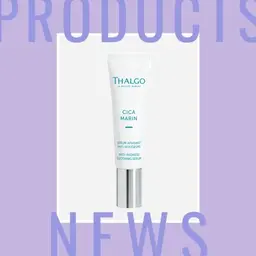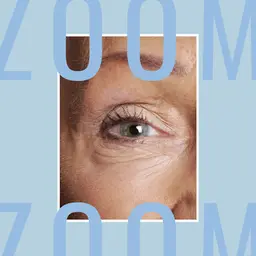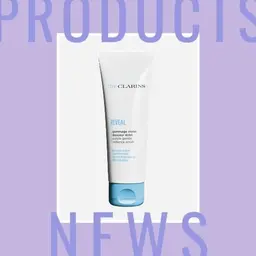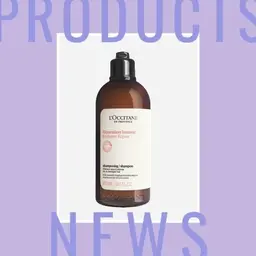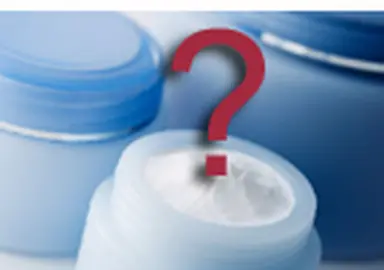
In newspapers or in ads, a cosmetic product is generally seen only as a mix of active ingredients. These ingredients are the source of its efficiency. They are pushed forward to point out the interest of a formula or what is new in it; their description is the major point in leaflets; their function and their qualities are emphasized on labels and are sold … as if they were the only ingredients in the product. In fact, a formula is far more than that. Even if active ingredients are present, very often they come in low percentages, in the 2% to 3% range, sometimes even less! Therefore, there is room for … all the rest! This "rest" is applied every single day, sometimes several times a day, on our skins, and is not always harmless.
Indeed, this "rest", in fact, by large the main part of the cosmetic product by weight, is not that insignificant. First, considering its quantitative importance; second, it is very often a major factor for the harmlessness and the efficiency of the product. In this "rest", there are the most criticized ingredients, as well as the most recommended ones. This "rest" allows for the classification as a "conventional" product or as a "natural" product; this "rest" may be synthetic, chemical or vegetable. This "rest" makes for the specificity of a cosmetic product , as, quite often, more than 90% of the product … are the rest! Hence, it is a major reason to focus on it!
Sometimes called an excipient (a substance in which the active ingredients are mixed to enhance their action), it may have a different aspect depending on the galenic form of the product.
Emulsions
The basis of an
emulsion
is a mix of
water
and
fats
. The guess is that 90% of the cosmetics are
emulsions
: creams, gels, milks, lotions, exfoliating cares, masks, foundations, tooth-pastes … all are
emulsions
. Though their uses are very different, their
excipients
come with similar formulae.
Water
It is …






